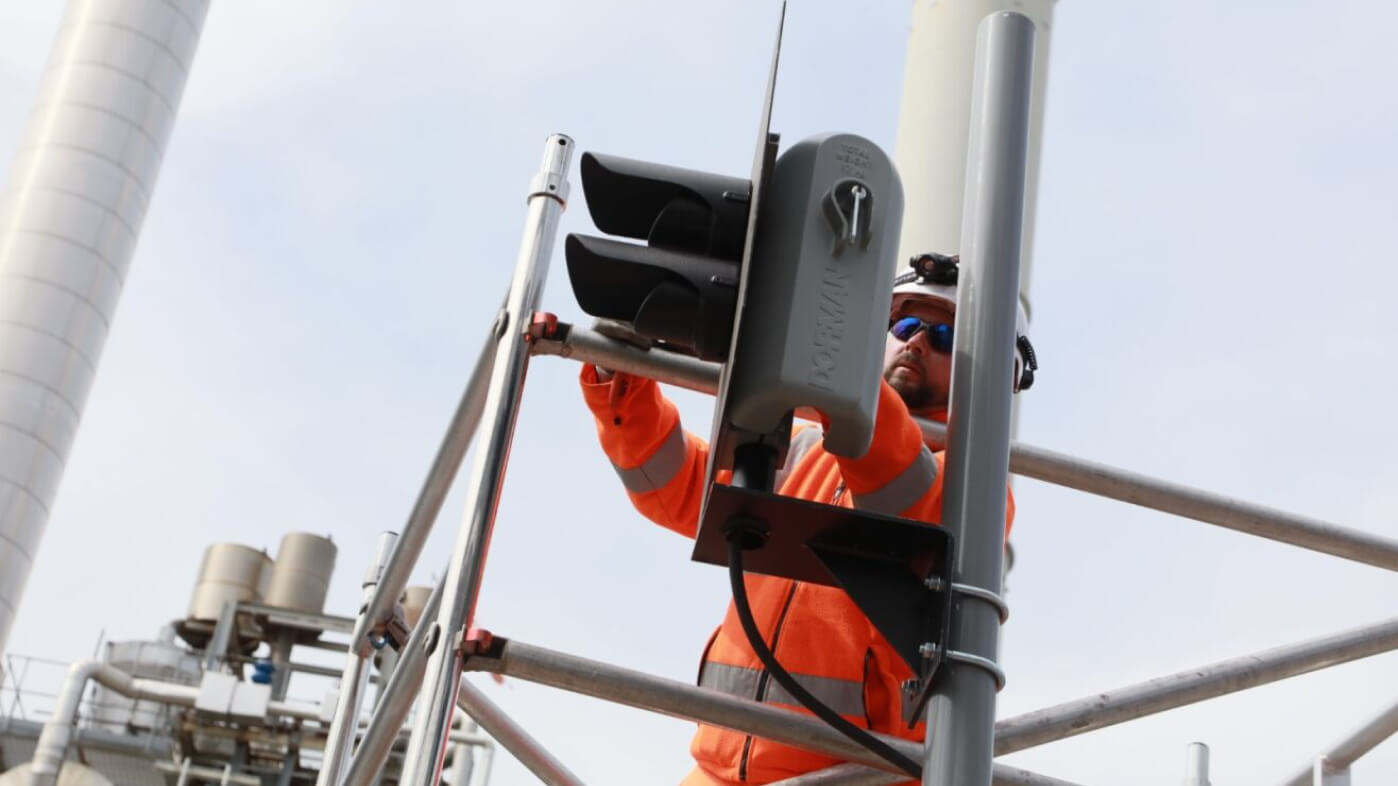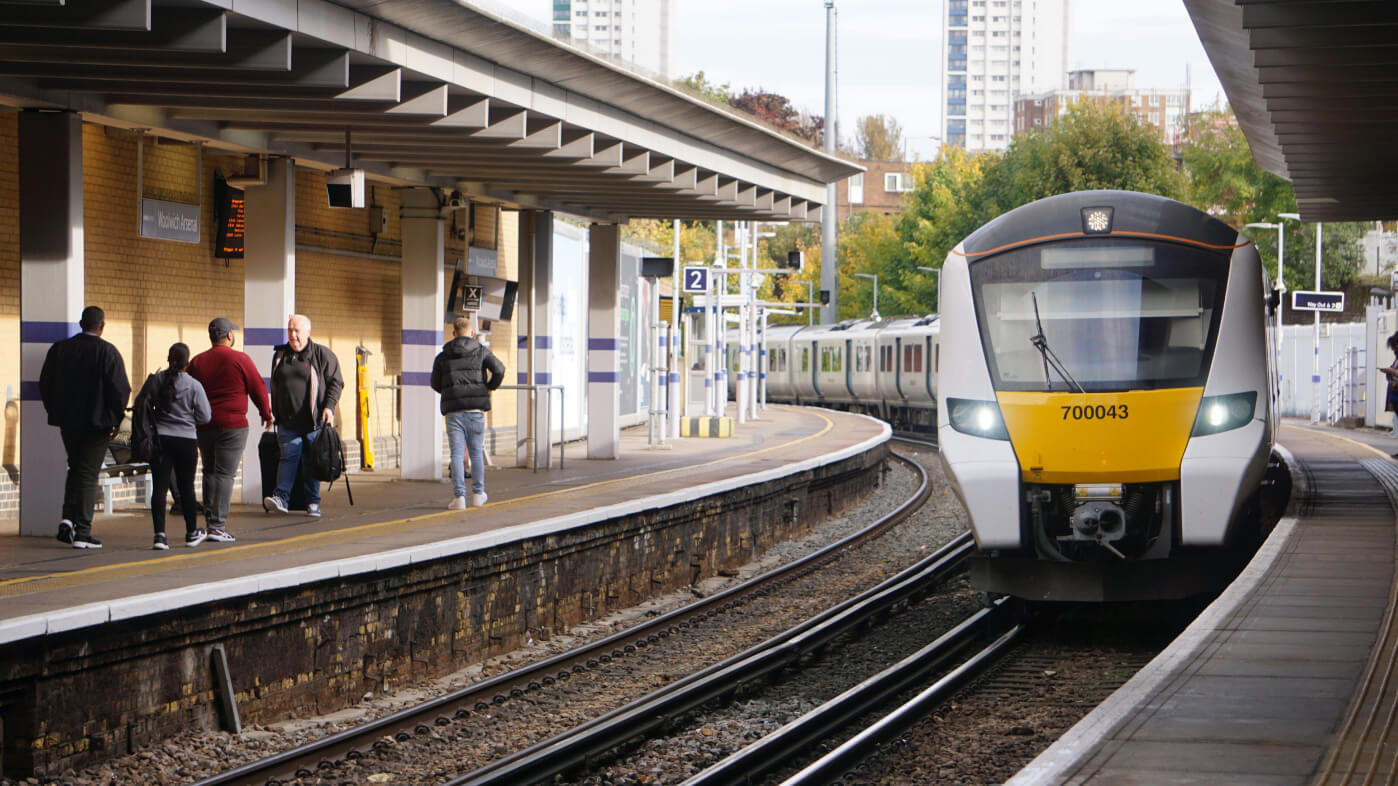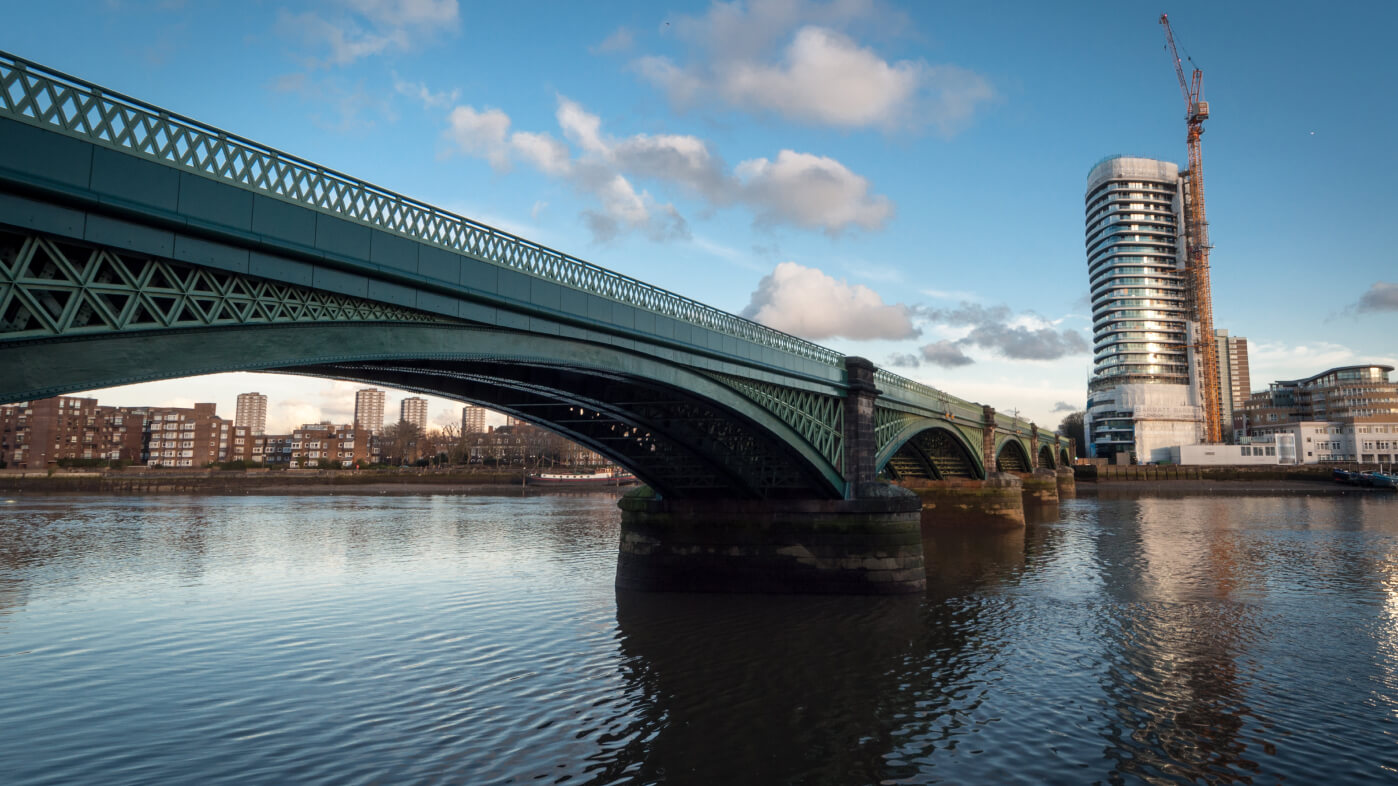The challenge
Located to the north of Liverpool on the site of the city’s Seaforth Docks complex, Peel Ports’ Liverpool facility is made up of two container terminals, the Royal Seaforth Container Terminal (RSCT) and Liverpool2. Handling more than 75,000 containers and 60 vessels per month, the port’s rail link plays a critical role in connecting the facility to the adjacent Network Rail line, allowing valuable freight to be transported quickly and efficiently throughout the UK.
Following a competitive tender process, Amaro was tasked with upgrading an end-of-life AOCL level crossing (Automatic Open Crossing, Locally Monitored), bringing it in line with industry requirements and standards, in particular Network Rail standard NR/L2/SIG/1121 module X12.
Whilst the port’s rail network isn’t technically subject to Network Rail regulations, Peel was keen to bring the crossing up to modern standards, reducing risk, improving reliability and limiting their maintenance burden.
A particularly challenging prospect due to its cross-boundary nature – not to mention the national importance of the port facility itself – it was essential that any works should not impact the day-to-day functioning of the docks.
The solution
Although the installation of axle counters was initially suggested, thanks to our considerable expertise in this area, Amaro’s signalling team were able to propose an alternative solution.
By retaining track circuits as the method of detection – and via the installation of medium voltage DC TCs and feed end relays to all TCs – Amaro were able to mitigate against residual voltage risk, providing more robust train detection and a significant cost saving.
A multi-disciplinary project involving a PM, TIC, CRE and 5 site engineers, Amaro were charged with designing and installing the replacement crossing (including all associated cabling and equipment), before testing and commissioning in accordance with NR/L2/SIG/30014/D120/TS14-03.
The outcome
Coming in on time, on budget, and with zero accidents, this project was completed during a programme of both day and night shifts, bringing the crossing in line with Network Rail requirements whilst having no impact whatsoever upon the smooth running of the port.
From enhanced reliability and a more robust service, to reduced risk and improved safety, these works delivered a whole host of tangible benefits to the client, including significant cost savings relating to both the solution itself and its ongoing maintenance.
With all KPIs achieved and a spirit of cross-discipline collaboration experienced throughout, an excellent relationship was formed between all parties, laying strong foundations for potential future works.




